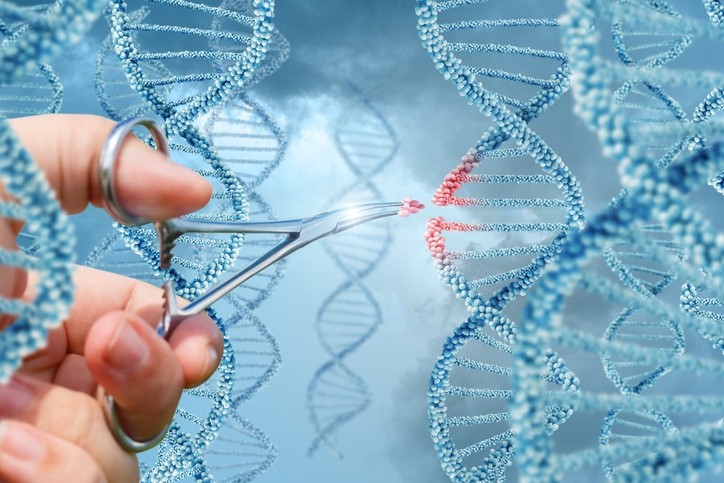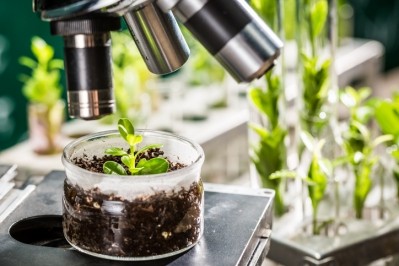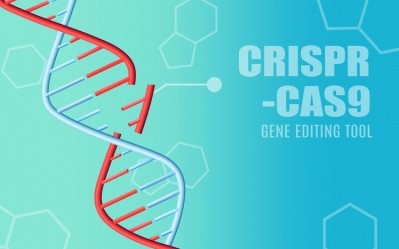Ag trade ups pressure on Commission over EU court ruling on plant breeding

The ECJ ruled last summer that organisms obtained by mutagenesis plant breeding technique, or gene editing, are GMOs and should, in theory, be regulated under the GMO Directive
That ruling was praised by NGOs, but the EU agribusiness sector described it, at the time, as a serious blow to plant science and a hindrance to future innovation in the sector.
Vytenis Andriukaitis, EU health commissioner, recently told EURACTIV the next EU executive would need to come up with a new regulatory framework for NPBTs that takes into account the latest advances in science.
Plant breeding innovations such as CRISPR CAS are widely seen by the agribusiness trade as critical tools to help breeders and farmers to do more with less inputs, as requested by the post-2020 CAP.
“The introduction of targeted genetic variation in crops and other organisms can help to achieve important sustainable development goals and to contribute to a cleaner environment, to healthy diets, and the protection of biodiversity. It can also contribute to making crops more resilient and better withstand climate change,” outlined the trade groups in the letter that was sent to the Commission on April 23.
The ECJ decision risks that European agriculture will remain isolated from the benefits of innovative developments vis-à-vis the rest of the world, said the signatories.
“The costly and lengthy EU approval process for the products resulting from targeted mutagenesis, combined with potential national cultivation opt-outs under Directive 2001/18, will effectively deprive European farmers and consumers from the benefits of these products.
“Furthermore, the ruling is hindering the delivery to the market of innovative bio-based products and sustainable industrial, agricultural and healthcare solutions that involve gene-edited microorganisms. Some of the EUs most innovative sectors will effectively be cut off from scientific progress and be put at a competitive disadvantage compared to a rapidly growing group of countries with more enabling regulations.”
'Impossible to enforce'
The trade groups also noted that the ruling will be difficult to implement and virtually impossible to enforce, given that many gene-edited products may be indistinguishable from products alerted by natural processes or with conventional breeding techniques, as reconfirmed by a recent report from the EU Commission’s Joint Research Centre.
Dutch Minister of Agriculture, Carola Schouten, has called for an exchange of views on the modernization of EU legislation in relation to genetically modified plants, particularly genome editing, at the EU Agriculture and Fisheries Council meeting, set for May 14.
A USDA Gains report noted that, in a letter sent to the Dutch Parliament on September 17, 2018, Schouten said stricter EU legislation in terms of precision breeding could lead to a competitive disadvantage. In that letter, she outlined that a way to exempt new techniques from the strict legislation would be to list them in Annex IB of Directive 2001/18/EC, as earlier proposed by the Dutch government in September 2017.
The 22 trade groups are now calling on the Member States and the EU Commission to ensure any legislative change in regards to products from gene editing is innovation-friendly:
“Products should not be subject to Directive 2001/18 requirements and related regulations if they could also have been obtained through conventional methods or result from spontaneous processes in nature.
“We wish to emphasize that this position is also increasingly adopted as a principal regulatory approach in a growing number of countries around the world.
“Our goal is to obtain practical and science-based rules for products resulting from the latest mutagenesis methods that foster public confidence and trust.”
A spokesperson for the Commission told us it is still discussing the ECJ ruling with the Member States.












